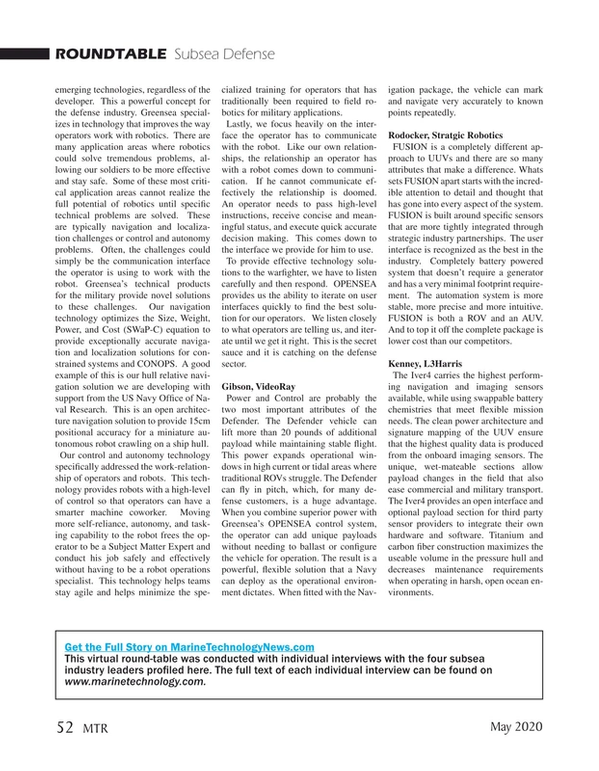
PML: Invasive Seaweed Finds New Role as Coastal Cleanup Hero
A research team, led by the University of Exeter and the University of Bath, has developed a cheap and simple way of creating biofuel and fertilizer from seaweed, aiding in its cleanup and the removal of plastic from tourist beaches in the Caribbean and Central America.
The study, recently published in the Journal of Chemical Technology and Biotechnology, aims to remove invasive seaweed, like Sargassum, which is costly to cleanup and deters tourists, while also producing biofuel in a sustainable way. Professor Mike Allen of the University of Exeter and Plymouth Marine Lab explained the need for an economically and environmentally viable method: “Processing marine biomass like seaweed usually requires removing it from the saltwater, washing it in fresh water and drying it. The costs of these processes can be prohibitively high.”
As a solution, the team devised a process that, using acidic and basic catalysts, releases sugars that can be fed to a yeast that produces a palm oil substitute. This method also prepares the residual seaweed for the next stage of processing, called hydrothermal liquefaction. The organic material is subjected to high temperature and pressure, turning the seaweed into bio-oil that can be processed further into fuels and high-quality, low-cost fertiliser. “For the first time this study demonstrates that, rather than a hindrance, the presence of saltwater can be helpful,” noted Ed Jones of the University of Bath and lead author on the paper.
Additional implications include plastic conversion, an idea inspired by Allen’s children as they helped to collect samples; any plastic found on the beaches will be converted alongside the seaweed.
Read PML: Invasive Seaweed Finds New Role as Coastal Cleanup Hero in Pdf, Flash or Html5 edition of May 2020 Marine Technology
Other stories from May 2020 issue
Content
- A New Role for Service Providers Amidst Energy Upheaval page: 14
- For the Royal Australian Navy, Technological Leap Starts Small page: 18
- Autonomous ANTX: Seismic Survey Tech and Port Security page: 34
- Using High Res 3D Meshes for improved Shape Reconstuction of Marine Survey Data page: 40
- Scripps Institution of Oceanography: 3D-printed Coral Are Natural Producers of Biofuels page: 47
- Scripps Institution of Oceanography: 3D-printed Coral Are Natural Producers of Biofuels page: 47
- Dalhousie University: Quiet Oceans Speak Volumes During Lockdown page: 48
- MBARI: Hydrothermal Mapping is Heating up page: 49
- NIWA: Slow-slip Earthquake Research Gains Momentum page: 50
- BIOS: North Atlantic Carbon Sink Shrinking Due to Warming page: 51
- PML: Invasive Seaweed Finds New Role as Coastal Cleanup Hero page: 52
- KAUST and Others Conduct Deepest Manned Red Sea Dive page: 53


